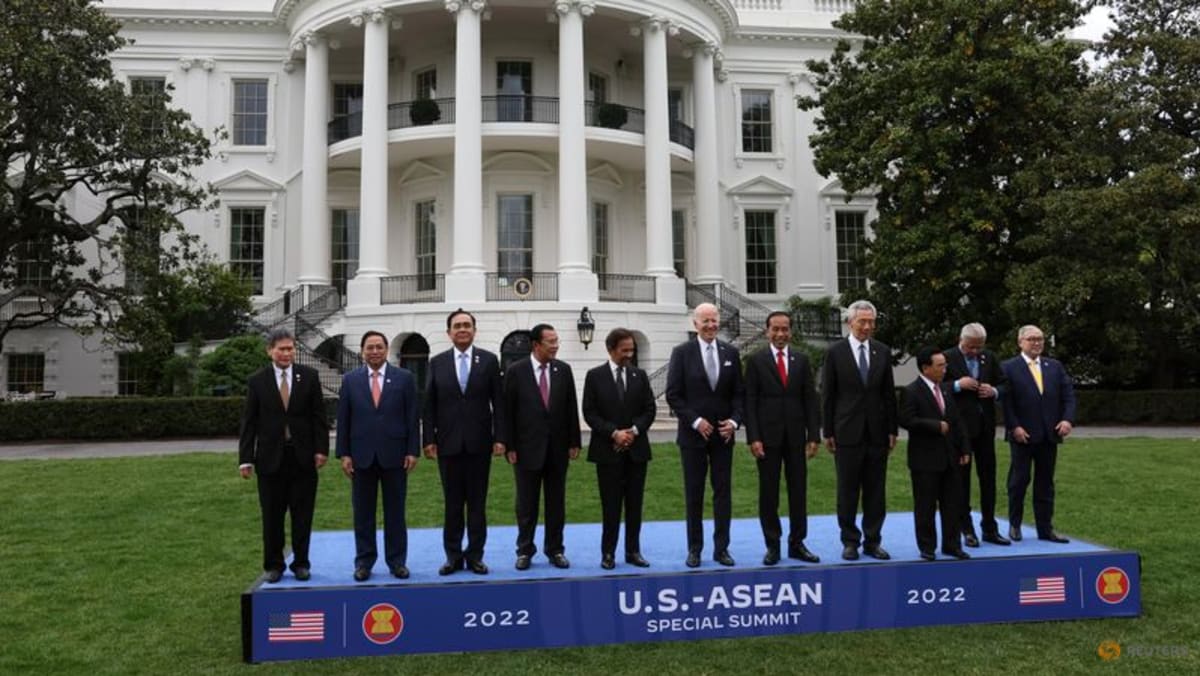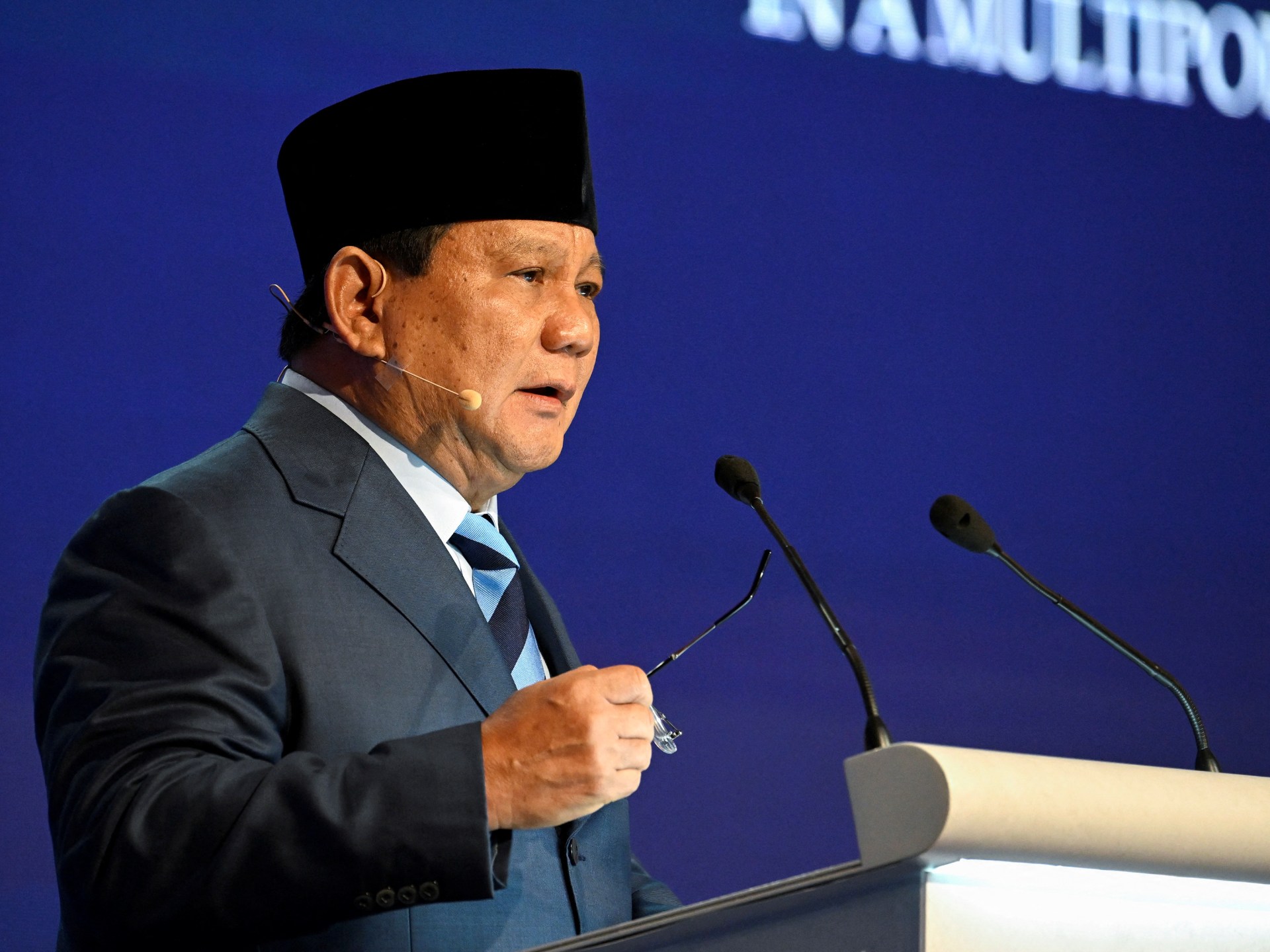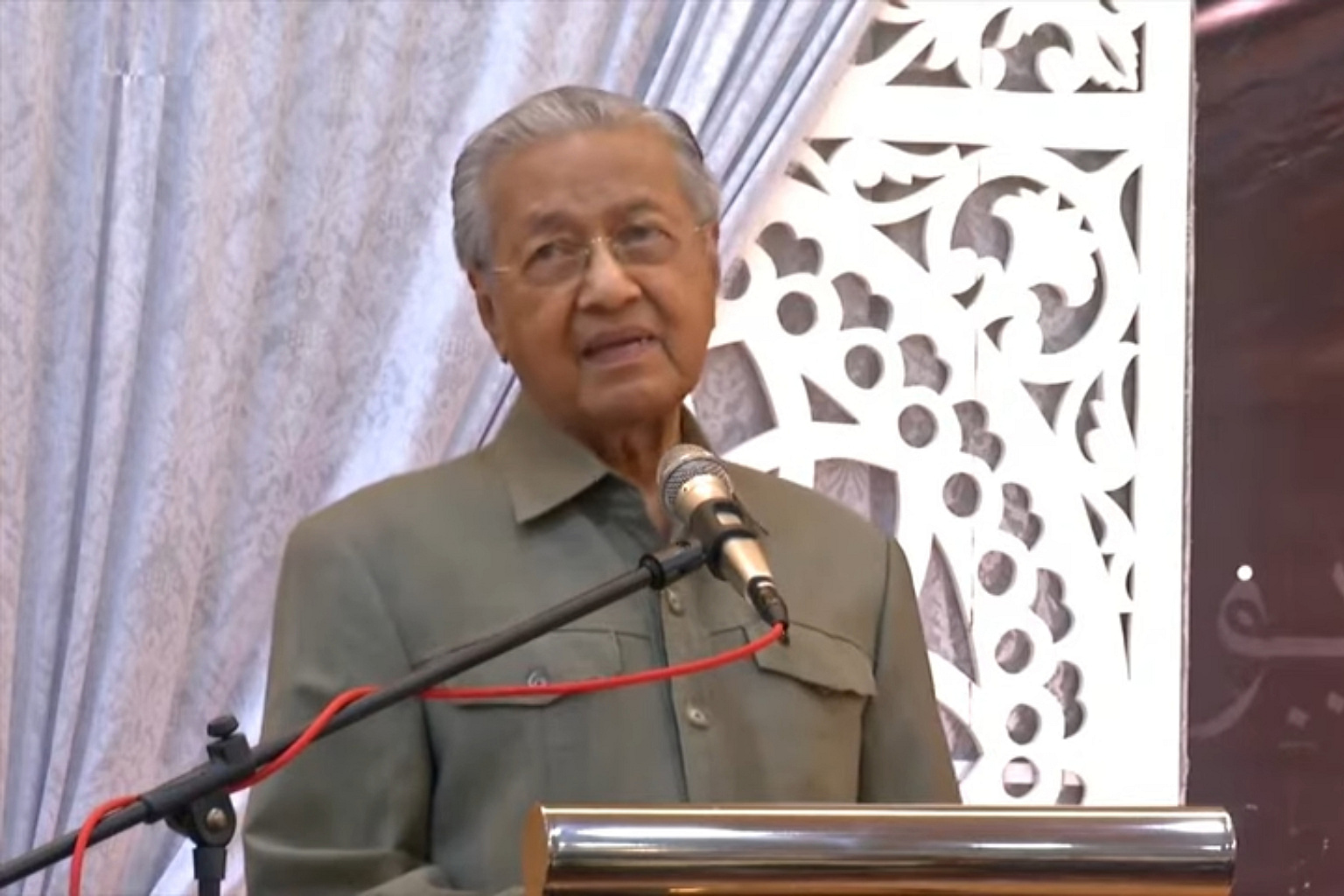Sandhi Yudha
Well-Known Member
US President Joe Biden opened a gathering of Southeast Asian leaders with a promise to spend US$150 million on their infrastructure, security, pandemic preparedness and other efforts aimed at countering the influence of rival China.
While Russia's invasion of Ukraine is on the agenda, and the US recently decided to support Ukraine with a value of $40 billion, the Biden's administration hopes this promise of $150 million devided over 10 countries, will show the ASEAN- countries that Washington remains focused on the Indo-Pacific and the long-term challenge of China, which it views at the country's main competitor.
But last year in November alone, China pledged US$1.5 billion in development assistance to ASEAN countries over three years to fight COVID-19 and fuel economic recovery.

 www.channelnewsasia.com
www.channelnewsasia.com
While Russia's invasion of Ukraine is on the agenda, and the US recently decided to support Ukraine with a value of $40 billion, the Biden's administration hopes this promise of $150 million devided over 10 countries, will show the ASEAN- countries that Washington remains focused on the Indo-Pacific and the long-term challenge of China, which it views at the country's main competitor.
But last year in November alone, China pledged US$1.5 billion in development assistance to ASEAN countries over three years to fight COVID-19 and fuel economic recovery.

With China in focus, Biden makes US$150 million commitment to ASEAN leaders
WASHINGTON: US President Joe Biden opened a gathering of Southeast Asian leaders with a promise to spend US$150 million on their infrastructure, security, pandemic preparedness and other efforts aimed at countering the influence of rival China. On Thursday (May 12), Biden started a
Last edited by a moderator:




